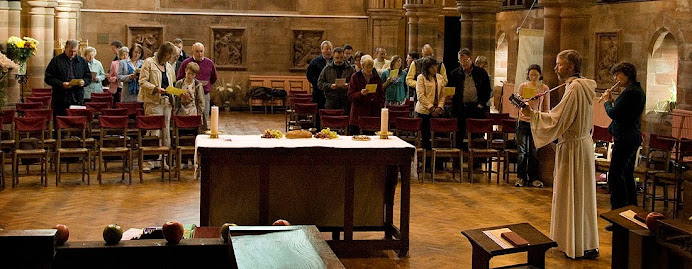Isaiah 62.1-5, Psalm 36.5-10, 1st Corinthians 12.1-11, John 2.1-11
Do we have any New Year resolutions or revolutions to share? Mine tend to fall into two categories: those that I was going to do anyway, and those that I have no chance of doing. 1st Corinthians 12 might have a word for me about that, with its reminder that the same spirit insists on dishing out a variety of gifts, but not all to the same person.
On the surface, it’s simply the story of a wedding feast rescued from disaster, at which the best tasting wine is brought in at the last moment, and in an unexpected way. Similar stories are found in other ancient sources. Some find it easy to believe, others rather less so, but concentrating on ‘what actually happened’ at an event which is well beyond further investigation won’t really change anything.
What is clear, among the intriguing illustrations of Jesus’ relationship with his mother and his friends, is that a source of renewal is present. Should we focus on the instruction to the servants, or on the vessels they used, or should we just stay close to Jesus and see what happens next? Jesus’ glory went un-noticed by the vast majority of those present. The vital thing is that those who didn’t notice felt the difference, and the few who did notice had their eyes opened to a new world.
